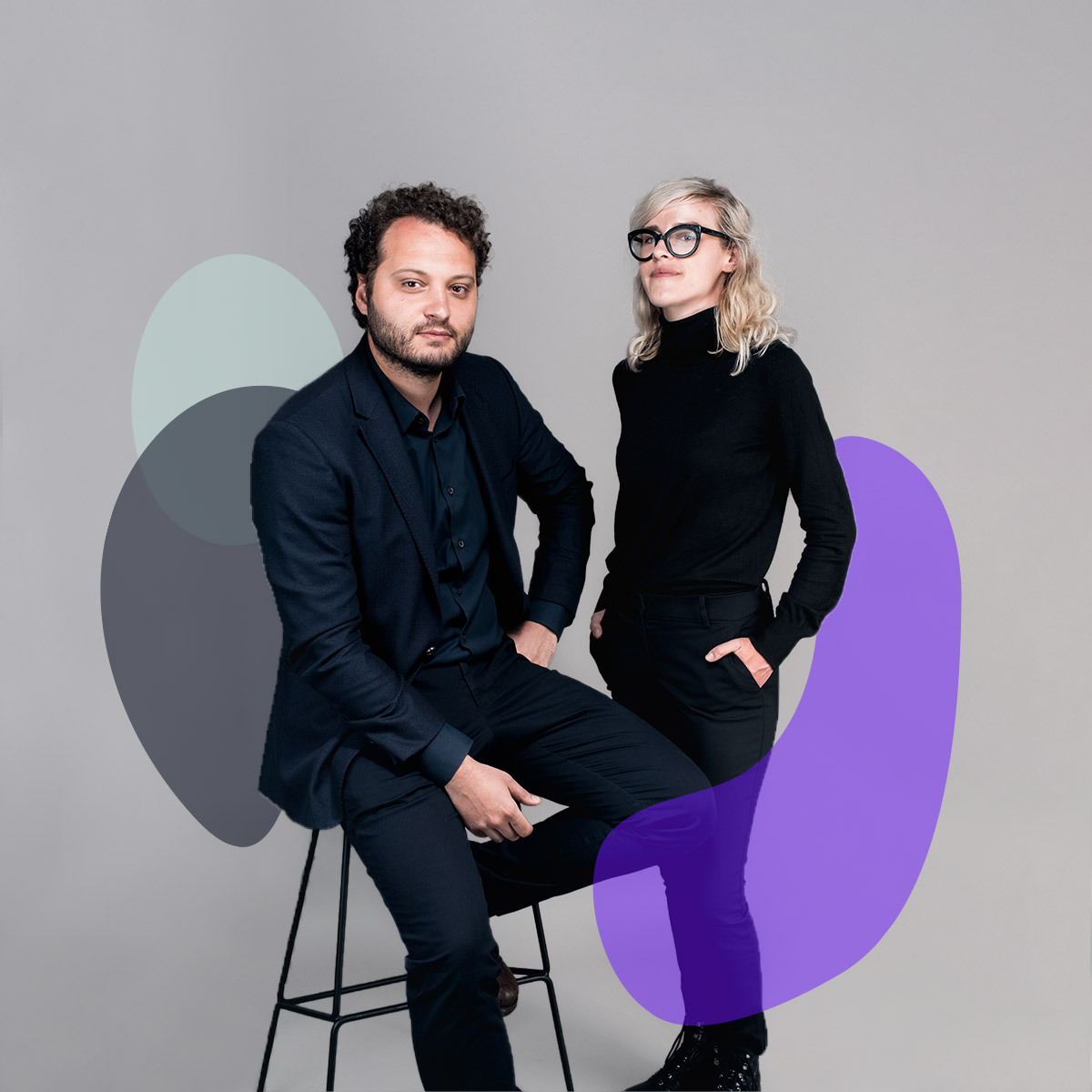Enabling the potential of open and disaggregated networks
The tech scene is brimming with innovative startups. Big telecoms is experiencing some exciting developments in open and disaggregated networks.
As an industry scales to meet the demand created by its own success, it tends to rely more on standardisation and predictability. The pace of innovation slows. Change is harder to achieve. So, it’s vital to find, test and adopt emerging technologies. New energy and new ideas are needed to adapt to the demands of a changing world. And telecoms is no different. Over the next decade we must find ways of sustainably connecting more and more devices. We must also help the sector secure the dramatic reduction in atmospheric carbon required as we join the race to Net Zero.
The Telecom Infra Project’s telecoms ecosystem accelerator centres (TEACs) are focused entirely on supporting ambitious startups to bring new ideas to the sector, to compete effectively and enable them to drive the change we must see. As global head, my role is to enable a network of TEACs that encourage the effective development of emerging technologies. Businesses like Transcelestial are using laser technology in network backhaul to reduce cost and energy usage while transmitting at ever higher data speeds and are working with UK Space Agency. Ori Industries are collaborating with BT to provide an edge cloud computing proposition enabling a more intense 5G internet experience while more efficiently using the network resources available.

The TEAC programme is exciting because it is totally focused on future telecoms networks. It partners with UK and international startups working on everything network-related from Open RAN and virtualisation to mobile edge computing, the cloudification of networks and massive MIMO. Each cohort gets to work with the likes of BT in the UK, but the opportunities are increasingly global with connections into our other partners, Deutsche Telekom and SK Telecom. They provide lab time, mentoring and access to business development support. In return, all of our Enterprise partners get to work with youthful startups working working at the cutting edge of technology. Double Me, a business focused on capturing 2D video to create dynamic 3D models for VR and AR experiences, is now testing its TwinWorld application across two TEACs between BT and SK Telecom.

The TEAC programme provides a fresher, faster, more open approach to innovation. Companies like Accelleran, a provider of energy-efficient intelligent controllers for self-automating small cell environments, have gone on to raise funds and join the 5G test bed trials managed between Digital Catapult and Ofcom. Zeetta, a leading provider of open networking and integrated 5G/wi-fi networks for businesses also went through the UK TEAC with BT. Now it leads the 5G-ENCODE Project, a £9 million collaboration aiming to develop clear business cases and value propositions for 5G applications in the manufacturing industry. The project, partially funded by the UK’s Department for Digital, Culture, Media and Sport, as part of their 5G trials programme. 5G-ENCODE is one of the Government’s biggest investments in 5G for manufacturing. Zeetta and Accelleran are also working together on a joint deployment focused on narrowing the digital divide. Tethir, which joined Accelleran in the 2018 BT cohort, has received a £200,000 grant from Innovate UK to produce a wildfire detection device utilising free space optics, which is capable of detecting fires of 30x30cm at 1km.

As interest in open and disaggregated networks continues to build, the TEACs continue to support startups with innovative, yet scalable, products to drive a more dynamic telecoms ecosystem. There is huge potential, with the arrival of 5G, for UK and international startups to find the right opportunities. The TEACs can vastly speed up the journey to field testing and commercial deals offering a path to success and the credibility that goes with it. All great innovations need the oxygen of opportunity: for connections, investment, technology development and deployment. And with that comes a more vibrant, open and sustainable telecoms infrastructure community.
Marina Traversari is Global Head of the Telecom Infra Project, Telecoms Ecosystem Accelerator Centres. You can follow TIP on Twitter and LinkedIn.
To read more from #DiversifyingTelecoms Campaign Week check out our landing page here.

